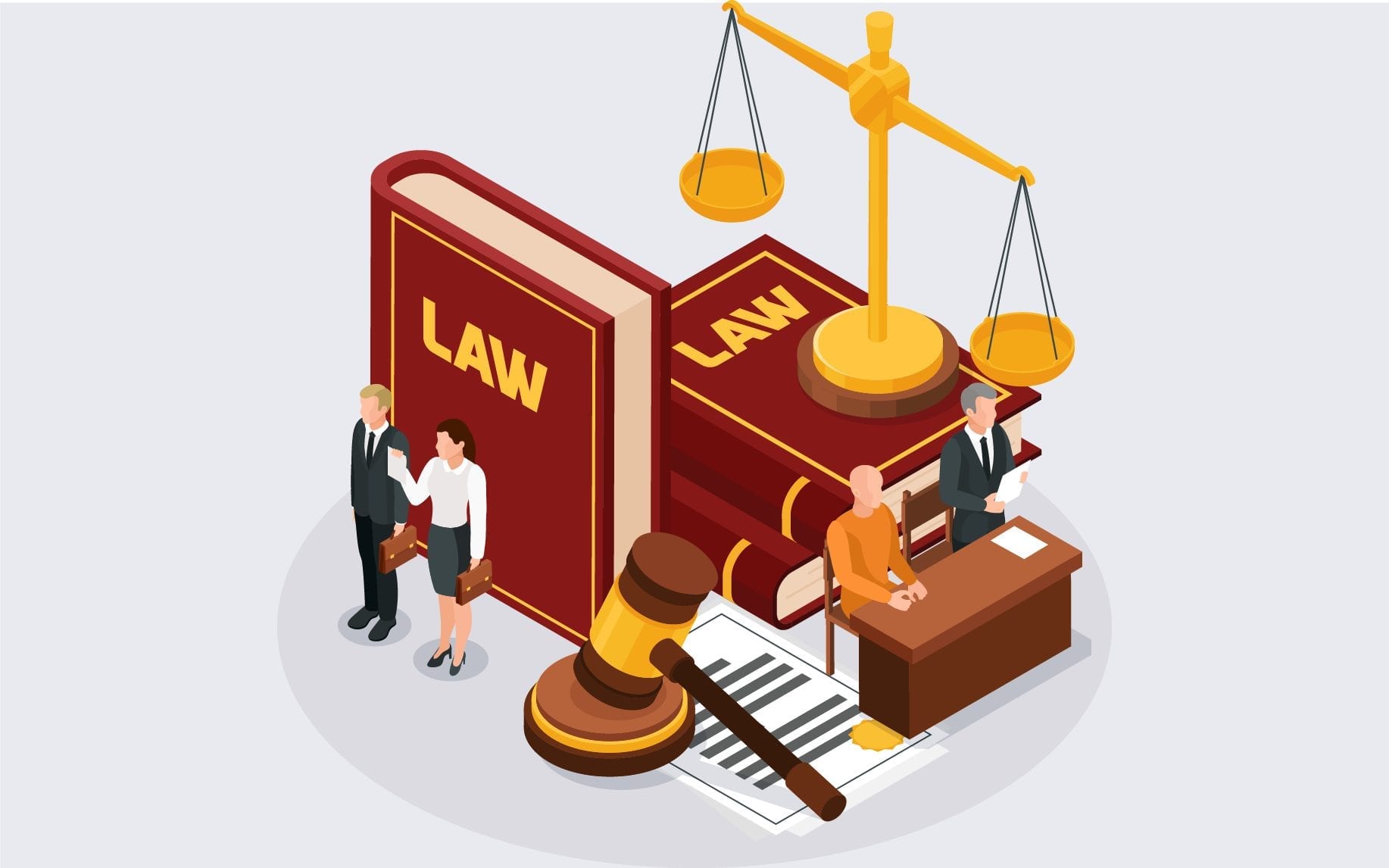NDA VS CDS: Know the KEY Differences

NDA VS CDS: Know the KEY Differences
NDA and CDS are two prominent Indian tests that recruit officers for the Indian Armed Forces. Both NDA and CDS tests choose applicants for defence service careers, although NDA and CDS differ in eligibility, educational qualifications, training time, degree conferred, exam structure, and career growth. Understanding these distinctions is crucial for applicants seeking to join the military and choose an exam.


A Non-Disclosure Agreement (NDA) is a legal contract between two or more parties that restricts third-party disclosure of sensitive information shared between them. NDAs safeguard sensitive information, trade secrets, and proprietary knowledge against unauthorised use. NDAs are often utilised in corporate agreements, partnerships, and negotiations.
India’s Union Public Service Commission (UPSC) administers the CDS test. The Indian Military Academy, Naval Academy, Air Force Academy, and Officers’ Training Academy require it for admission. A written test and SSB interview make up the CDS exam, which is given twice a year. The Indian Armed Forces’ CDS test selects officers.

Also, read Top 5 Simplest Government Exams
NDA VS CDS: Let’s discuss the Key differences
The UPSC in India conducts the CDS test to select officers for the Indian Armed Forces, whereas NDA is a legal contract for securing private information.
Age requirements for NDA and CDS exams:

1. National Defence Academy (NDA) Exam: Age Criteria: 16.5–19.5 years old.
2. CDS Exam (Combined Defence Services): Age Criteria: Indian Military Academy (IMA): 19–25 years old.
Air Force Academy (AFA): 19–23.
Indian Naval Academy (INA): Candidates must be 19–22.

Officers’ Training Academy (OTA): 19–25 years old.
It’s crucial to remember that the age limits above are based on these tests’ general qualifying requirements. The official notices or websites of the exam conducting agencies (UPSC for CDS and NDA) are the best sources for qualifying criteria, including age limits, as they may vary.

Candidates must have finished Class 12.
Men and women can take the NDA exam.
- Exam Structure: The NDA exam includes a written test and an SSB interview.
The NDA test is given twice a year.
- Duration of Training: NDA candidates spend three years in Khadakwasla, Pune, at the National Defence Academy (NDA). After NDA, Army and Air Force cadets train at their service academies (IMA and AFA) for 1.5 years.
- Training Centres: The National Defence Academy at Khadakwasla, Pune trains NDA cadets.
- Degrees awarded: Army cadets earn a BSc/BSc (Computer)/BA/BTech degree, whereas Naval cadets obtain a BTech degree.
- Age: CDS applicants must be 19–25 years old.
Also, read Know the Easiest Government Exam IBPS RRB
CDS
Only men can apply to the Indian Military Academy (IMA), Indian Naval Academy (INA), Air Force Academy (AFA), and Officers Training Academy (OTA). Women can only apply for OTA.
Candidates must have graduated.
The CDS exam consists of a written examination and an SSB interview.
The CDS test is given twice a year.
- Duration of Training: Each branch’s training time varies. 18 months for IMA cadets, 37-40 months for Navy officers, and 74 months for Air Force officers.
- Training Centres: The Indian Military Academy (IMA) in Dehradun trains Army cadets, while the Indian Naval Academy (INA) in Ezhimala trains Navy and Air Force cadets, respectively.
- Degrees awarded: Upon completion of training, IMA Army cadets obtain a PG Diploma in “Military and Defence Management,” whereas OTA Chennai officers receive a Post Graduate Diploma in Defence Management and Strategic Studies.
- NDA: INR 56,100 for NDA trainees.
- CDS: Candidates receiving CDS training receive INR 56,100.
3. Education Qualification:
- NDA Exam: Army Wing applicants must have cleared the 12th class of the 10+2 school system. Candidates for the Air Force and Naval Wings must have completed the 12th class with Physics, Chemistry, and Mathematics.
- CDS Exam: IMA and OTA applicants must have a Bachelor’s Degree from a recognised university. INA applicants must hold a Bachelor of Engineering. Candidates for the AFA must have a Bachelor of Engineering or 12th-grade Physics and Mathematics.
4. Training & Centres:

- NDA Exam: Army cadets obtain a Bachelor of Science/Bachelor of Science (Computer)/Bachelor of Arts/Bachelor of Science (Computer)/Bachelor of Science (Com) degree after training. Naval and Air Force cadets get Bachelor of Technology degrees.
- CDS Exam: After training, IMA Army cadets receive a PG Diploma in “Military and Defence Management.” Officers educated at OTA Chennai obtain a Post Graduate Diploma in Defence Management and Strategic Studies.
6. Test Structure:
- General Ability Test (GAT) and Mathematics: The NDA test has two papers. The GAT covers English, General Knowledge, and Elementary Mathematics. Papers last 2.5 hours. English, General Knowledge, and Mathematics are the CDS exam’s three papers. For each paper, the test lasts 2 hours.
7. Rank and Salary: • NDA and CDS candidates get the rank of Lieutenant upon commissioning. Level and grade pay to determine Lieutenant and above grades’ salaries.
CONCLUSION
The NDA and CDS tests allow officers to enter the Indian Armed Forces. The article NDA VS CDS: Know the KEY Differences pointed out the major disparities between them to help the aspirants. The CDS test is for graduates who want to enter the military, while the NDA exam is for 12th-graders who want to join the military early. The NDA and CDS also differ in training time, locations, degrees conferred, and exam formats.
To pick the path that matches their qualifications, aspirations, and goals, applicants must comprehend both tests’ criteria and qualities. Both NDA and CDS give the opportunity to serve their country in the defence forces.
Meet Tanu Bhatnagar, an educational expert with extensive experience in teaching, research and mentoring.With a decade in education and research, Tanu combines academic expertise with engaging storytelling. Her research background ensures every article is well-researched and insightful. Beyond textbooks, Tanu's expertise spans writing, exam preparation, economic trends, and global education, delving into the realms of spiritual awakening. This diverse perspective shines through in his writing, offering a fresh take on education. Join Tanu and CollegeChalo for an enriching learning adventure, where his passion ignites yours, and his words light your way.






 Exam is conducted by Acharya Nagarjuna University in Guntur on behalf of Andhra Pradesh State Council For Higher Education (APSCHE).
Exam is conducted by Acharya Nagarjuna University in Guntur on behalf of Andhra Pradesh State Council For Higher Education (APSCHE).

